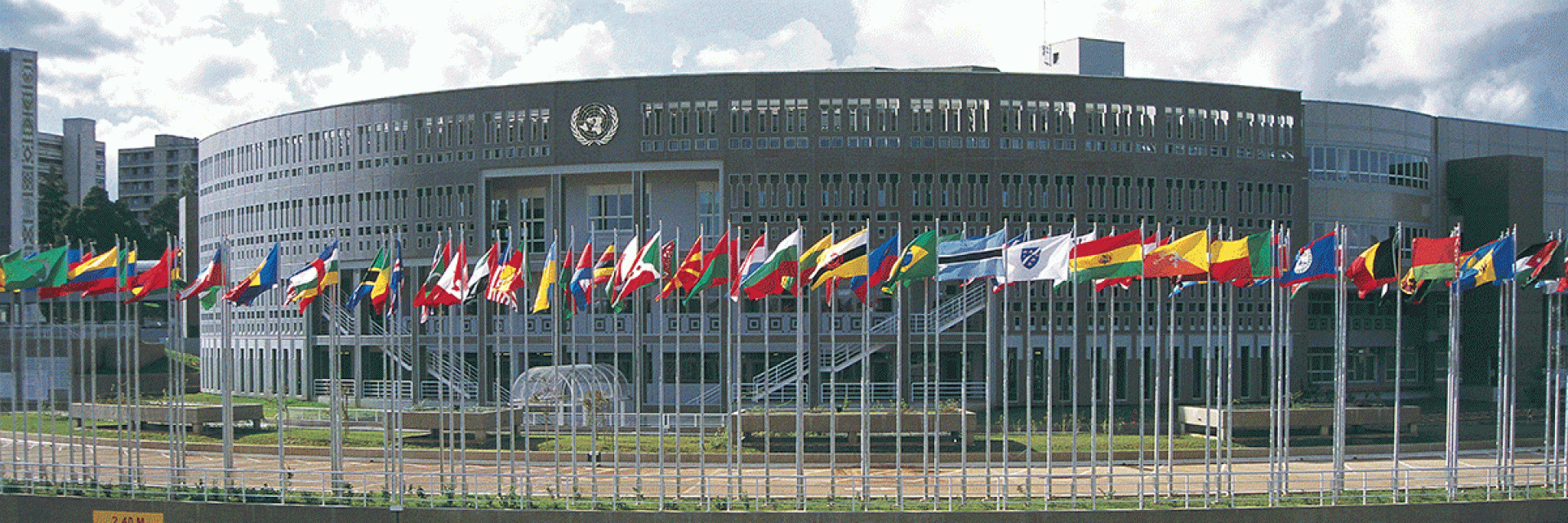Addis Ababa, 06 July 2021 (ECA) - ECA staff kicked off the second quarter Accountability and Programme Performance Review meeting with a minute of silence, led by Executive Secretary Vera Songwe in honour of the late Sizo Mhlanga who passed away on Saturday, 3rd July 2021. Until his separation in May, Mr Mhlanga served as the acting Director of the ECA Southern Africa Office. Ms. Songwe recognized his commitment and dedication to the ECA and expressed condolences to his family, friends and colleagues. She also paid tribute to other UN staff who have passed on due to the pandemic.
The Executive Secretary emphasised the need for results, rewards, accountability and responsibility and the need for staff to work in an equal manner to do better. She also encouraged colleagues who have not yet been vaccinated to do so at the earliest opportunity.
The three-day APPR meeting is aimed at tracking programme performance along the ECA’s six joint thematic clusters. Over the three days, all the thematic clusters will undergo a review of their joint deliveries as well as their midterm performance. Programme support performance and budget utilization are also under review.
In his presentation, Said Adejumobi, Director of Strategic Planning, Oversight and Results Division (SPORD) highlighted areas of progress in support of programme performance targets and progress towards results. He also updated the staff on agreed actions from the 2020 Q4 and 2021 Q1 APPR meetings and areas where subprogrammes are leveraging joint delivery
“There were 43 actions agreed to during the last two APPRs, with progress reported on 13 areas so far,” Mr. Adejumobi said. Those under the strategic category include, mainstreaming of disability strategy in programmes and the need for an ECA strategic approach and focus on governance. In the programme category, he highlighted the need to undertake an ICT policy improvement analysis; a subnational city-level fiscal report on revenue collection in the context of domestic resource mobilization and the need to showcase within the OIBCs, some concrete work on gender and demographic dividend.
With regard to programme support, he highlighted areas in progress, such as constituting a local management committee on the ERM, fast tracking recruitment processes to reduce vacancy rates and recruitment of programme management officers. In these areas, progress is at an advanced stage. He noted that an online platform has been put in place by SPORD to follow up and monitor all follow-up actions and subprogrammes are expected to provide updates on the portal regularly.
The strategic importance of leveraging joint delivery lies in enhancing communication with stakeholders and enabling the institution to speak with one voice for messaging consistency: a more impactful visibility with member States and other stakeholders. There is also the possibility of yielding higher results and reducing transaction costs and duplication of efforts.
He also highlighted the opportunities, such as collaboration and synergies across programmes and deepening discussion in the areas of focus that bring about visible and impactful delivery. “It also promotes better engagement in the OIBCs,” he added.
There are challenges to be addressed however, noted Adejumobi. “Joint planning and reporting remain a challenge, as well as the late submissions of narrative reports.”
Discussions emphasised the need for subprogrammes to focus on results - both intermediate and final. Budget utilisation is very low, particularly in RPTC, DA and XB. With the next RPTC allocation about to be finalised, Sub programmes were urged to take steps to utilise what has already been allocated to demonstrate absorption capacity and tackle the low utilization rate.

